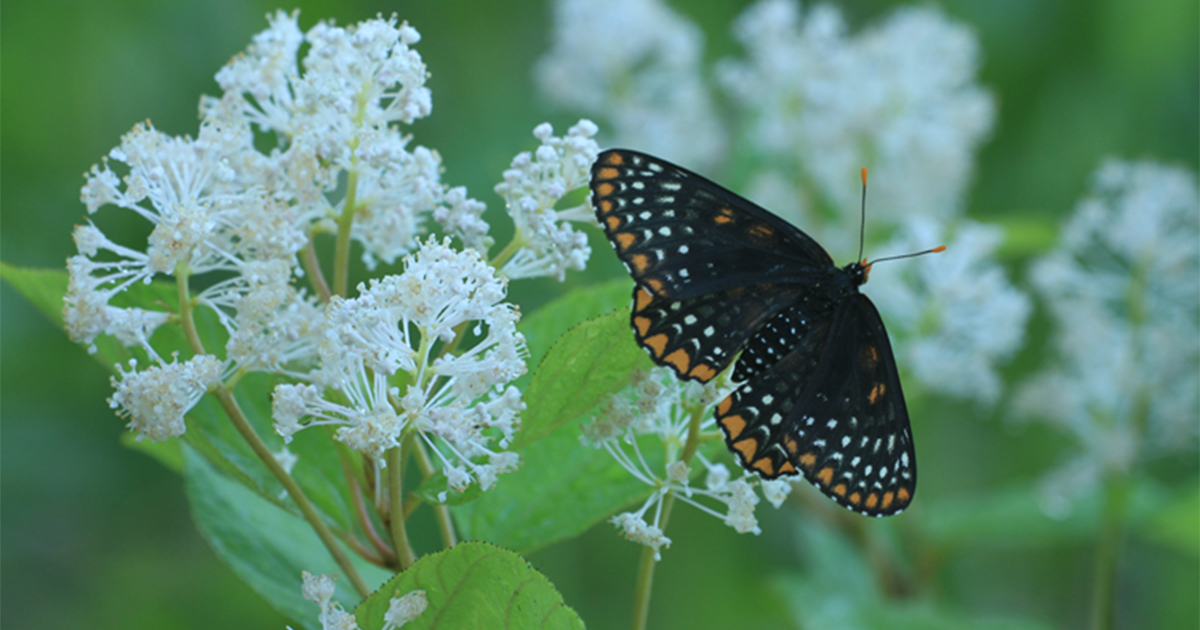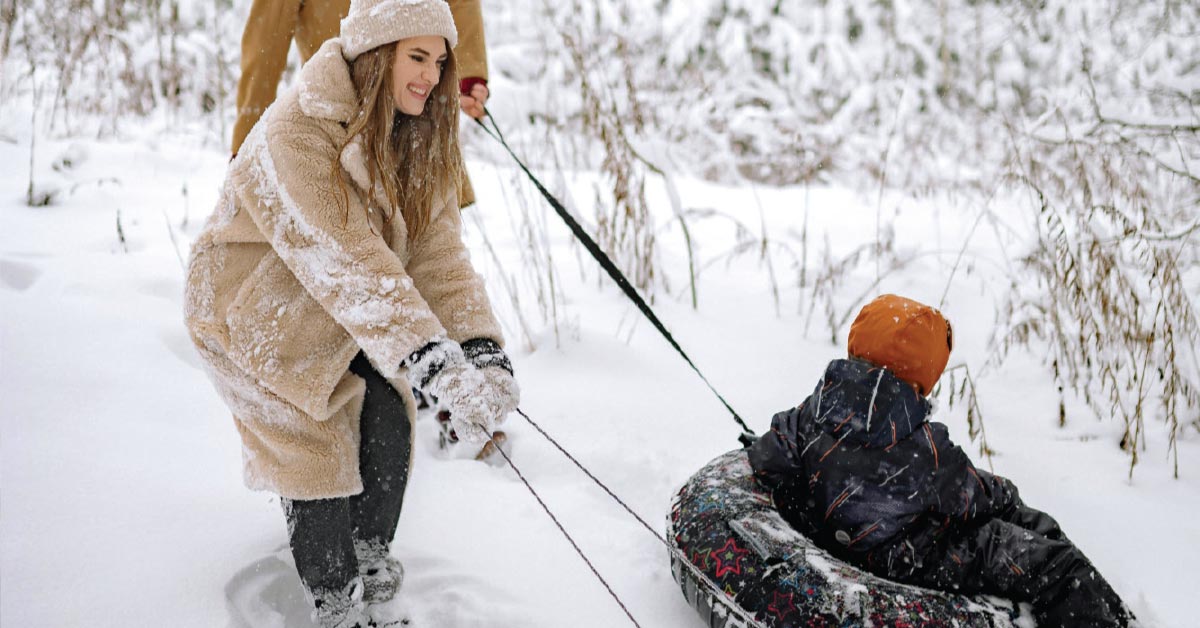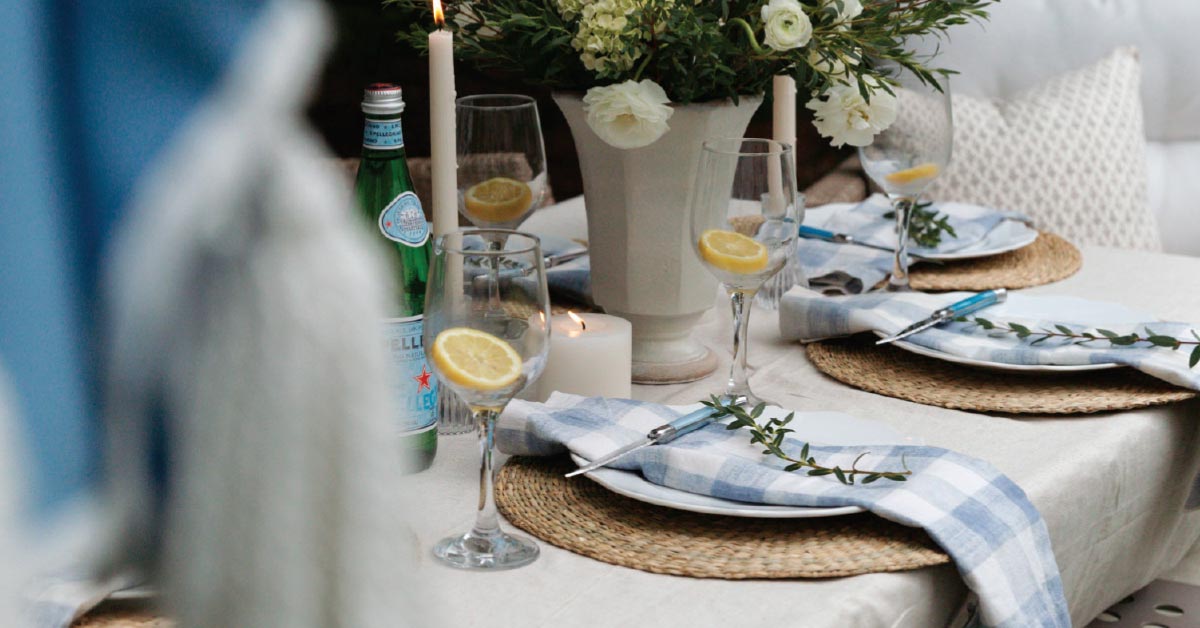Did you know? You can participate in conservation—even in your own backyard? In celebration of May being Gardening for Wildlife Month, John Ball Zoo is encouraging West Michigan residents choose native trees, shrubs and pollinator plants for their gardens to help existing wildlife by providing them food and shelter.
"As humans, we impact the planet, and being aware of the impacts we're having and ways we can make positive changes is a great and simple thing we can do to protect biodiversity in our own backyards," said Travis Kurtz, community science coordinator at John Ball Zoo.
Kurtz is involved in the Zoo's Habitat Heroes program, which engages Grand Rapids neighborhoods in planting native plants through education and plant giveaways. The program aims to distribute 2,000 plants this year at the Zoo and during community events, including having recently passed out seed packets on Mother's Day.
John Ball Zoo has a dedicated horticulture staff that plants a variety of native and non-native plants throughout the Zoo, so guests become immersed in nature and get educated about plants that attract and help wildlife such as bees and butterflies. The Zoo encourages residents who garden or maintain areas around their homes and neighborhoods to do the same with some simple garden additions that can go a long way for wildlife.
Many native species prefer these plants as food sources and shelter, and they can serve as hosts for caterpillars and bug larvae. Kurtz recommends a mix of native and non-native plants for pollinator species.
"Bugs and pollinator species are oftentimes animals we don't think about, but they are incredibly important to the overall health of the ecosystems around us," Kurtz said. "Helping them isn't just about seeing more butterflies and honeybees, it's about having healthy and clean water, forests, air and agricultural systems, too."
Along with planting native plants, Kurtz recommends limiting the use of pesticides in your garden, which can be harmful to many insect species and remain in soil. The idea is to think of the animals and insects as part of your garden and cultivate a good environment for them, as well as the plants. This could include leaving some fallen leaves in your garden beds as insects can use them for nesting spaces. Once plants are in the ground, Kurtz recommends bird baths and bird feeders to nurture your neighborhood's avian friends.
Individuals helping maintain the biodiversity around their homes and neighborhoods is a key part of the health of our overall ecosystem.
"Conservation is not something a few people do on their own," Kurtz said. "It's something everyone has the capacity for and can be an important part of for the greater health of our community and environment."
Visit John Ball Zoo's website for more information on Habitat Heroes and a list of native plant species.
Courtesy of West Michigan Woman.
Photo Courtesy of John Ball Zoo.




